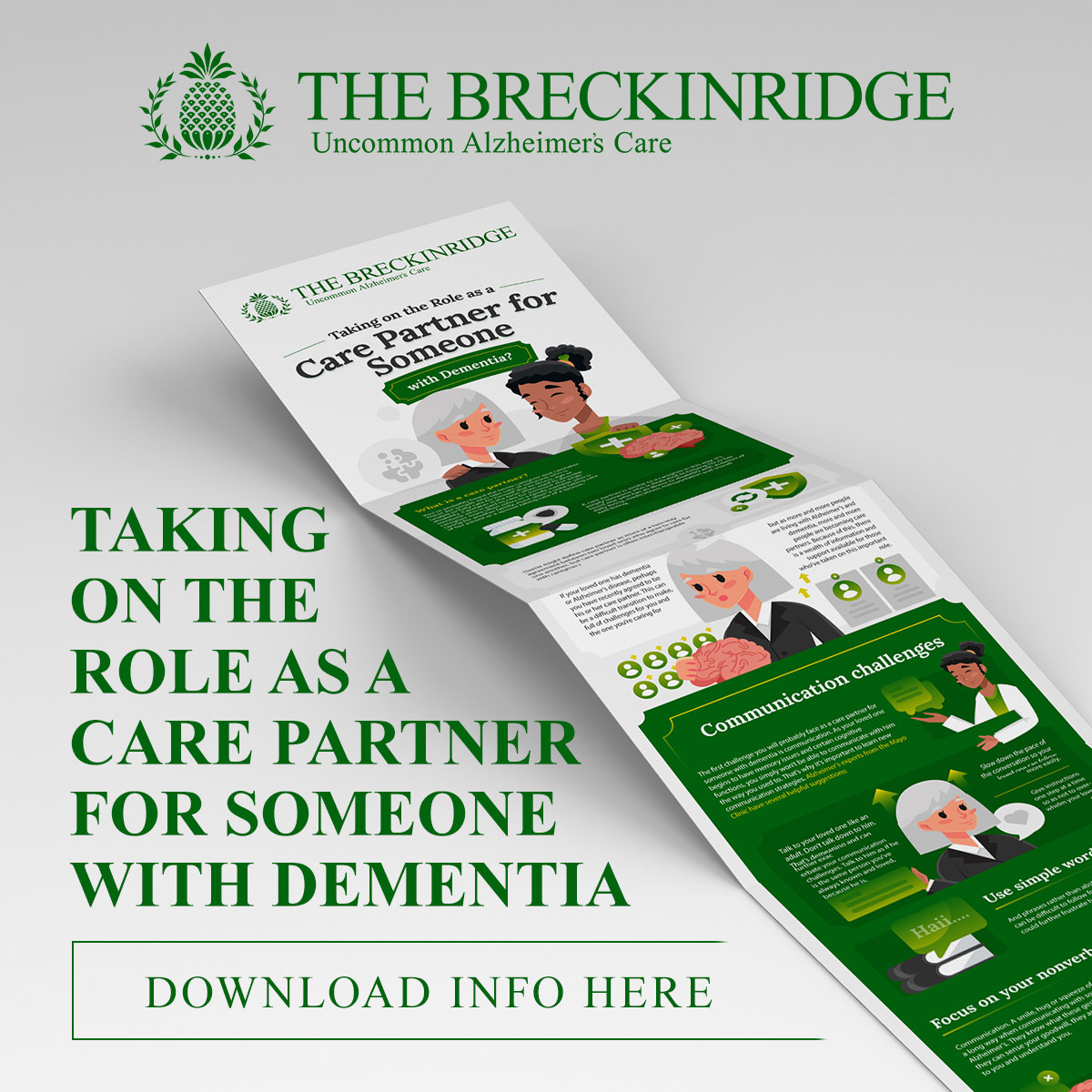Dental Care for the Dementia Patient

Dental Care for the Dementia Patient
When someone is diagnosed with dementia, it’s easy to let dental hygiene fall through the cracks. They may forget about their morning and evening hygiene routines. They may be resistant to them or resistant to visiting the dentist’s office. However, even if dental care becomes more difficult, maintaining proper oral hygiene is crucial.
Dental health is directly connected to our overall health. Gum disease and tooth decay can cause infections in the mouth that are difficult to fight off. Preexisting health conditions such as cancer or diabetes can make fighting these infections difficult. If you have dementia, putting off visits to the dentist (an excellent dentist in Culver City) or failing to maintain hygiene at home could result in the need for an invasive dental surgery that’s even more distressing than the routine teeth cleaning.
Everyday Care
Everyday dental care for someone with dementia is the same as it is for any adult. Brushing and flossing twice a day using a toothpaste with fluoride remains the standard recommendation from professionals.
If your loved one is forgetting to brush his teeth or having difficulty doing so, experts recommend walking him through it step by step. Tell him to pick up his toothbrush, apply the toothpaste and then show him how to brush his teeth by mimicking the motions. This can help him avoid confusion and feeling overwhelmed like he would if you simply instructed him to “brush his teeth.” He may need each step broken down into manageable pieces.
A healthy diet low in sugar, especially sugar at night, can help prevent tooth decay and gum disease. Monitor your loved one’s diet to ensure she’s getting enough nutrients and not consuming foods high in sugar that are harsh on her teeth.
Share this Infographic Image On Your Site
<p><strong>Please include attribution to https://thebreckinridge.com/ with this graphic.</strong><br><br><a href="https://thebreckinridge.com/ways-to-stay-engaged-socially-with-dementia/"><img src="https://thebreckinridge.com/wp-content/uploads/2022/11/2-taking-on-the-role-as-a-care-partner-for-someone-with-dementia-thebreckinridge.jpg" alt="Taking on the Role as a Care Partner for Someone with Dementia" width="1200px"></a></p>Professional Care
For those who are in the early or middle stages of dementia, routine visits to the dentist are still recommended. Some may consider cosmetic dentistry such as All On 4 dental implants or implant-supported dentures for those in the early stages of dementia. However, these visits can prove difficult for patients and providers for a number of reasons.
1. Confusion and discomfort
For those in the middle or later stages of dementia, visiting the dentist can cause emotional distress. (Really, the dentist can cause emotional distress for anyone. Add a neurological condition and that distress is magnified.) They may not feel comfortable in a new environment. They may not understand what’s going on or recognize their dentist. Because of this, Dr. Joy Poskozim, a dentist who specializes in caring for patients with dementia, stresses that dentists tell, show and do—something that every dental student is taught but a practice that becomes even more important when working with patients with dementia.
Tell your patient what you are going to do before you do it. Show them what you are going to do by showing them the brush or tool you are going to use. After you tell and show, then you can do the procedure.
Dr. Poskozim says this method can go a long way with a distressed patient. She even lets her patients hold the brush or tool she’s going to use first before she uses it on them.
For uncomfortable procedures such as filling a cavity, Dr. Poskozim uses a topical cavity treatment called Silver Diamine Fluoride, which is tasteless, odorless and doesn’t require drilling. If the patient needs a difficult procedure done such as a root canal, the patient should be given the opportunity to give her consent to the procedure, or if she has a power of attorney, that person can provide consent. Dr. Poskozim stresses that having the entire team on board—patient, provider and caregiver—is crucial before any procedure is done.
2. Medications
Medications that are common among those who are living with dementia can often cause dry mouth, involuntary teeth grinding known as bruxism and involuntary jaw and tongue movement. Dry mouth, grinding and other involuntary movements of the jaw can be incredibly harmful to our teeth. For this reason, dentists need to be fully aware of their patients’ medical history and what medications they’re on.
3. Teeth grinding
For teeth grinding, Dr. Poskozim recommends a night guard and/or day guard that can be worn whenever the patient isn’t eating. For dry mouth, several over-the-counter products such as ACT, Biotene, and All Day can be beneficial.
Dental hygiene gets more difficult as dementia progresses but should still be prioritized. Monitor your loved ones’ dental habits and talk to your dentist about how you can safely bring your loved one in for an appointment or how you can find a dentist who specializes in treating patients with dementia.






